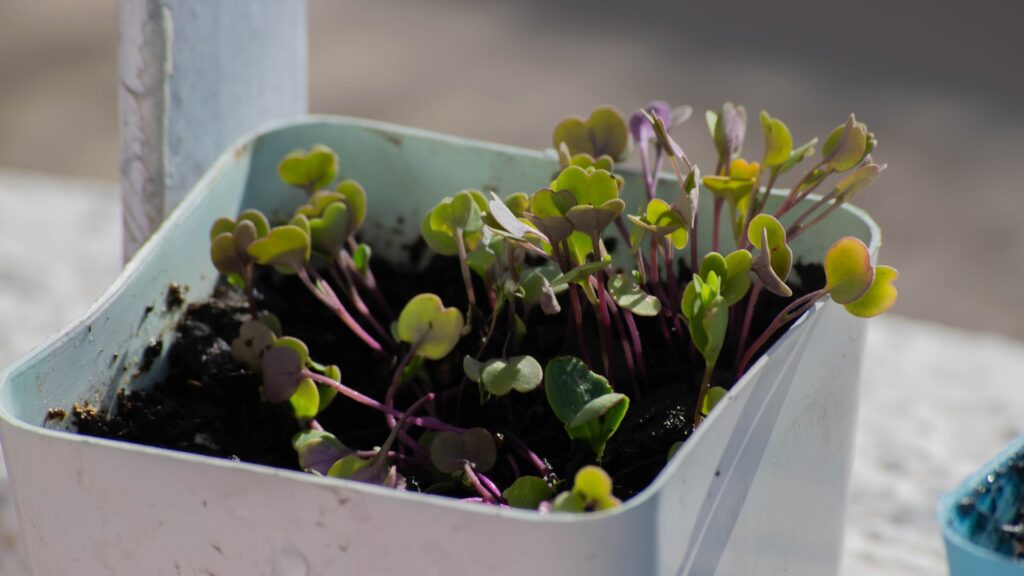Organic gardening has gained significant popularity in recent years due to its numerous benefits for both individuals and the environment. Whether you are a novice or an experienced gardener, understanding the basics of organic gardening can help you create a thriving garden while promoting a sustainable and eco-friendly lifestyle. In this comprehensive guide, we will explore essential tips, techniques, and the many benefits of organic gardening.
1. What is Organic Gardening?
Organic gardening refers to a method of growing plants without the use of synthetic pesticides, herbicides, or chemical fertilizers. Instead, it relies on natural processes to nurture healthy soil, boost plant growth, and control pests and diseases.
2. Key Techniques for Organic Gardening:
– Composting: Composting kitchen scraps and yard waste creates nutrient-rich organic matter that enhances soil fertility and structure.
– Crop Rotation: Rotate crops each season to prevent the buildup of pests and diseases, promoting healthier plants and reducing the need for chemical interventions.
– Companion Planting: Pairing certain plants together can deter pests, improve pollination, and enhance overall garden health.
– Mulching: Applying organic mulch around plants helps conserve moisture, suppress weed growth, and enrich soil with organic matter as it breaks down.
3. Essential Tips for Organic Gardening:
– Soil Preparation: Before planting, ensure your soil is healthy and well-drained by incorporating organic matter and performing a soil test to determine any deficiencies.
– Natural Pest Control: Encourage beneficial insects, birds, and other creatures to your garden to combat pests naturally. Additionally, homemade organic sprays and traps can help control pests.
– Watering Practices: Utilize proper watering techniques, such as watering deeply and less frequently, to encourage deep root growth and conserve water.
– Weeding and Mulching: Regular weeding and applying organic mulch will help suppress weed growth and enhance moisture retention in the soil.
4. Benefits of Organic Gardening:
– Healthier Produce: Organic gardening produces fruits, vegetables, and herbs that are free from harmful chemicals, providing you with fresh, nutritious, and tasty produce.
– Environmental Conservation: By avoiding synthetic pesticides and chemical fertilizers, organic gardening safeguards the health of beneficial insects, bees, birds, and other wildlife, preserving biodiversity.
– Sustainability: Organic practices promote soil health, reduce reliance on non-renewable resources, and contribute to a more sustainable and resilient environment.
– Cost-Effective: Organic gardening can save money in the long run by reducing the need for expensive pesticides, herbicides, and fertilizers.
Start your own organic garden today and experience the joy and satisfaction of growing your own healthy, chemical-free produce while contributing to a greener and more sustainable future. Happy gardening!
Category: Gardening

